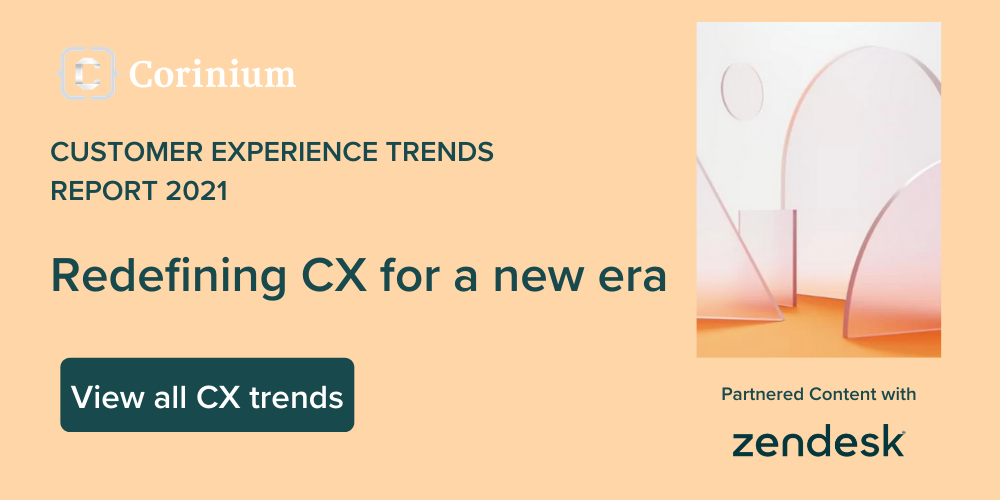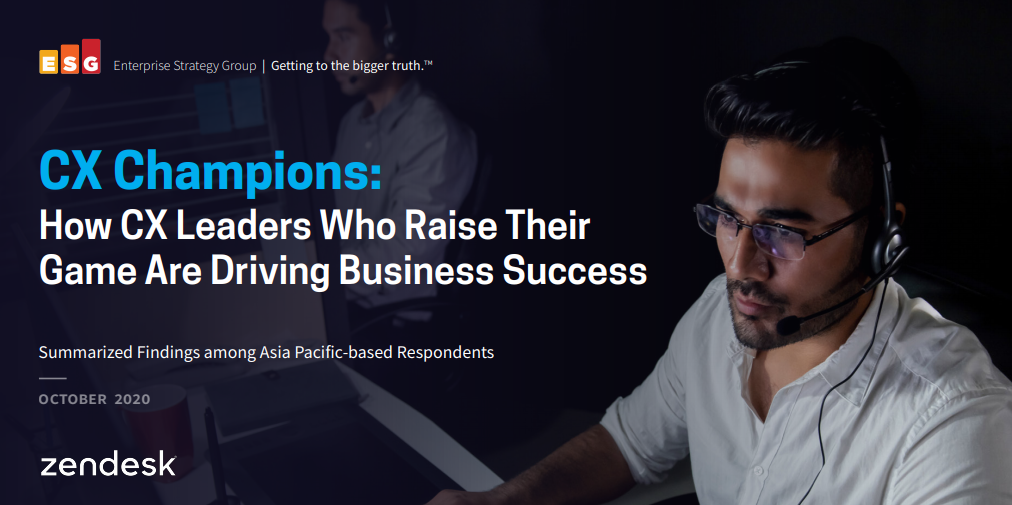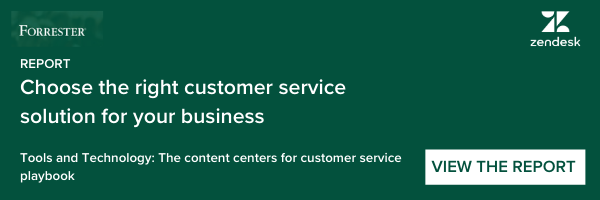Measuring your organisations customer experience as each touch point can be very tricky and complicated. We caught up with Clint Payne the Program Manager: Customer Experience of MultiChoice and got his thoughts on effectively measuring the customer experience within his organisation.
Corinium: Do you feel that organisations are effectively measuring the results of their CX efforts in Africa?
Clint Payne: There’s a science to measuring CX. Organisations that know the science, can and will measure effectively. That said, CX measurement, or as we tend to think about it – surveys, seem to get a bad rap. There’s a lot of noise and value around what we can learn from unstructured data, sometimes at the expense of well-structured and considered survey data. I’ve learned that there are three keys to effectively measuring your Voice of Customer:
First, avoid measuring only high volumes touchpoints – the call centre for example. Your customer experiences your brand in many moments and you can’t afford to be blind to those other moments. Volume does not equate to impact.
Next, customer success is a composite – what makes an engagement successful for you will be different for me. Putting all your “eggs in one basket” like NPS, satisfaction or effort, dismisses the complexity of that composite experience. It sounds daunting, but the science of measurement (when you know it), makes this much easier to understand.
Finally, as businesses we tend to ask two things of CX measurement – performance (how do customers’ feel we’re doing) and insight (what’s working / not working and what can we do better). It’s a strange mix of quality and quantity. Great measurement can and should be able to deliver both.
Corinium: What is the importance of measuring one’s customer experience for an organization?
Clint Payne: Beware – opinion ahead. A good Voice of Customer framework is one of the few data sources that correctly interpreted, delivers operational, tactical and strategic information. Early in my call centre career I visited an outsourced ISP call centre managed primarily by NPS. Back then it was ground breaking. I’ve tried to create CX measurement for MultiChoice that enables this level of operational customer based performance measurement, but can still flex to deliver sound strategic insight to steer the future of the business. When you understand what drives customer success, you’ve got a blue print for tactical improvements you know will drive CX success.
Corinium: How does one effectively measure the experience of a customer at each touchpoint along their journey?
Clint Payne Sticking to the “rule of three”, here are my top tips for measuring at each touchpoint:
First, customer journey. If you don’t have one, map one. Sometimes it’s called a lifecycle, which is not far off, but the key to making it a customer journey is the pronoun “I”. When you can put “I” ahead of the name, you’ve got the makings of a customer journey. For example, “I buy” is part of a customer journey, “I sales” is not. Extent the logic to touchpoints and you’ve got “I buy online” – buy is the journey stage, online is the touchpoint.
Next, if your business is anything like ours, they’re going to want to compare – enable that. Reserve a couple of questions in every survey that are almost identical on every survey to enable comparison across touchpoints and don’t forget to ask an expectation question to enable touchpoint specific target setting.
Finally, it’s a marathon, not a race. It’s going to take a while to get it all set up, so don’t be in a hurry. Once it’s all set up, focus on trends more than the actual numbers. If you can swing it, let your KPI targets reflect changes in the number rather than the final number.Corinium: How would you recommend that a
CX professional choose the Right CX Metrics and Measure their customer experience?
Clint Payne: One size does not fit all! This does leave me with a predicament – my metric of choice has for a long time been satisfaction, but I can’t legitimately put all of my eggs in that one basket. I recommend embracing more than one metric, but understand exactly what it will tell you and what it will not tell you. There is no perfect measure. I’ve mentioned the idea that customer success is a composite of needs, and the metric you choose must account for this. Whichever you choose, be disciplined execution will give your metric credibility. But most important of all is your intent. If there is an ultimate question, it would be “what do you want to do with the results?”
Corinium: What do you feel as a CX professional are your greatest challenges?
Clint Payne: There’s the job of customer experience, and the science of customer experience. The job of customer experience is the responsibility of every single person in the organisation. The science of customer experience, and there is a science, you need CX professionals to deliver. Taking a call that one time in a call centre, does not make you a CX professional – it could, I can attest to that, but there’s a lot to learn along the way. It’s incumbent on CX Professionals to know, practice and excel at the science of CX to grow the profession in South Africa.
Corinium: Are there any final thoughts you would like to leave the readers with on this subject?
Clint Payne: I’ve been exceptionally fortunate to meet and talk to many CX thought leaders across the world. There is a vibrant CX community out there, and whatever community affiliation you prefer, you can be sure of learning and support from CX practitioners across the globe. I’m a member of the CXPA www.cxpa.org (non-profit CX community run by the CX practitioners based in the US) - seek out your community and sign up. We have so much to learn in South Africa, but in equal measure we have so much to contribute.



.png)




